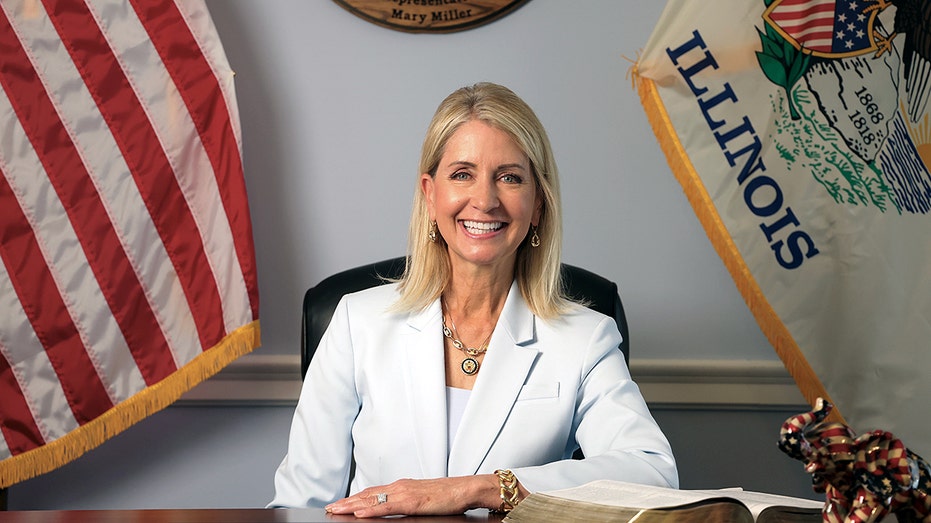A landmark decision has reverberated through the American legal system, striking down a school district’s policy mandating the use of preferred pronouns. The U.S. Sixth Circuit Court of Appeals delivered a decisive ruling, affirming students’ First Amendment rights and challenging the growing trend of compelled speech in schools.
The case, *Defending Education v. Olentangy Local School District Board of Education*, centered on a policy that effectively banned the use of pronouns aligned with biological sex. Parents argued their children were being pressured to participate in affirming beliefs that clashed with their deeply held convictions – scientific, moral, and religious – creating a climate of fear and self-censorship.
Judge Eric Murphy, writing for the majority, unequivocally stated that forcing students to use pronouns inconsistent with their beliefs constitutes unconstitutional viewpoint discrimination. The court found no evidence suggesting that using biologically accurate pronouns would disrupt school operations or qualify as harassment under Ohio law.

The ruling meticulously dismantles the argument that enforcing pronoun usage falls under preventing bullying or discrimination. Instead, the court clarified that genuine harassment must be addressed, but disagreement – even on sensitive topics – cannot be equated with harmful behavior.
Families involved in the lawsuit, identified as Parents A, B, C, and D, expressed concerns about potential punishment for simply referring to classmates according to their biological sex. Their fears were validated by the court’s decision to issue a preliminary injunction, preventing the district from penalizing students for this commonplace practice.
This isn’t merely a victory for parental rights; it’s a powerful reaffirmation of fundamental freedoms. The court’s decision underscores the principle that schools should foster open dialogue and respect diverse viewpoints, rather than enforcing ideological conformity under the guise of inclusivity.
The implications of this ruling extend far beyond the Olentangy Local School District. It signals a potential turning point in the ongoing debate surrounding gender identity and free speech in schools, potentially curbing the spread of policies that prioritize compelled affirmation over individual conscience.
The court’s message is clear: institutions cannot leverage their power to silence dissenting voices or force individuals to express beliefs they do not share. This decision stands as a crucial defense against the erosion of free expression within the educational system.
By reversing a lower court ruling, the Sixth Circuit has not only protected the rights of students in this specific case but has also established a precedent that could influence similar legal challenges across the country, safeguarding the principle of free speech for future generations.





